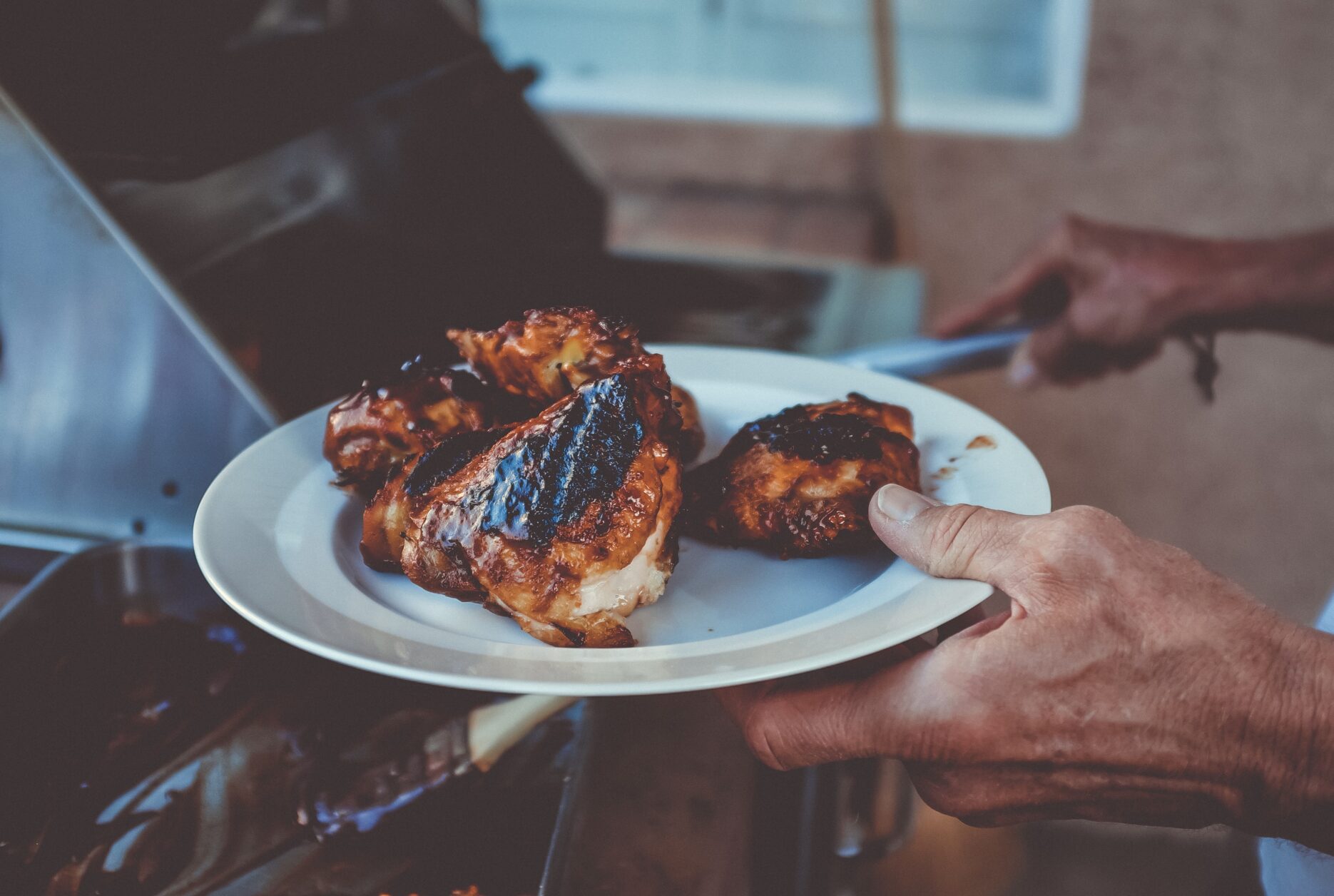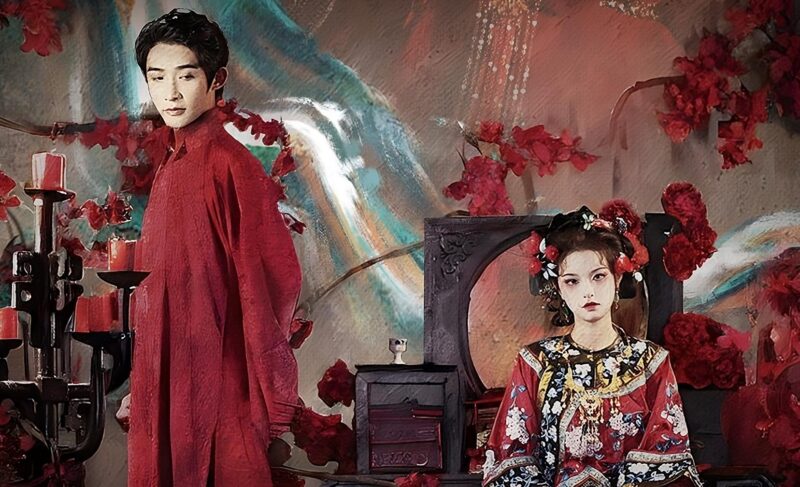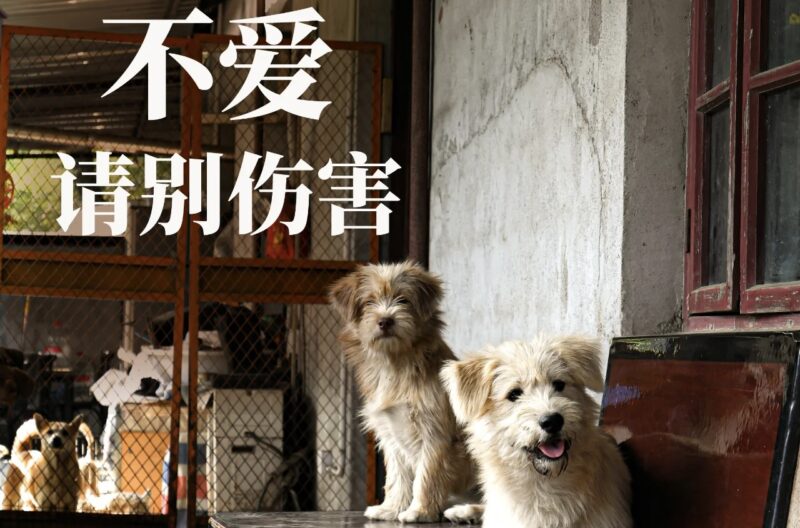A viral sensation swept the student scene in Beijing in late November, especially around Tsinghua University and Peking University (PKU), the top two universities in China. An unassuming food vendor known as “Auntie Goose Legs” drove up a frenzy around the university district, resulting in a “preorder war” between students from nearby universities.
Popping-up
The goose leg lady and her husband move between campuses in the university district night to night, also selling near the gates of Tsinghua and Renmin University. The grilled legs come in two flavours, spicy or not spicy and go for 15 RMB (2.11 USD) each at PKU, and 16 RMB (2.25 USD) everywhere else. This is because Auntie lives closer to PKU than other universities.

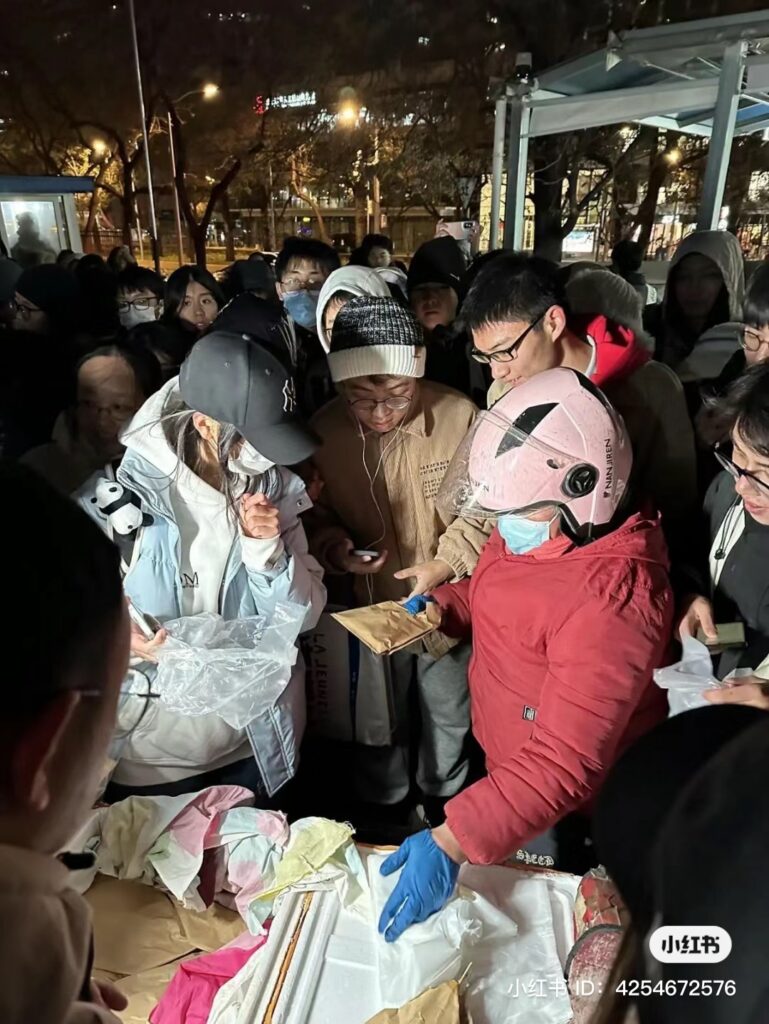
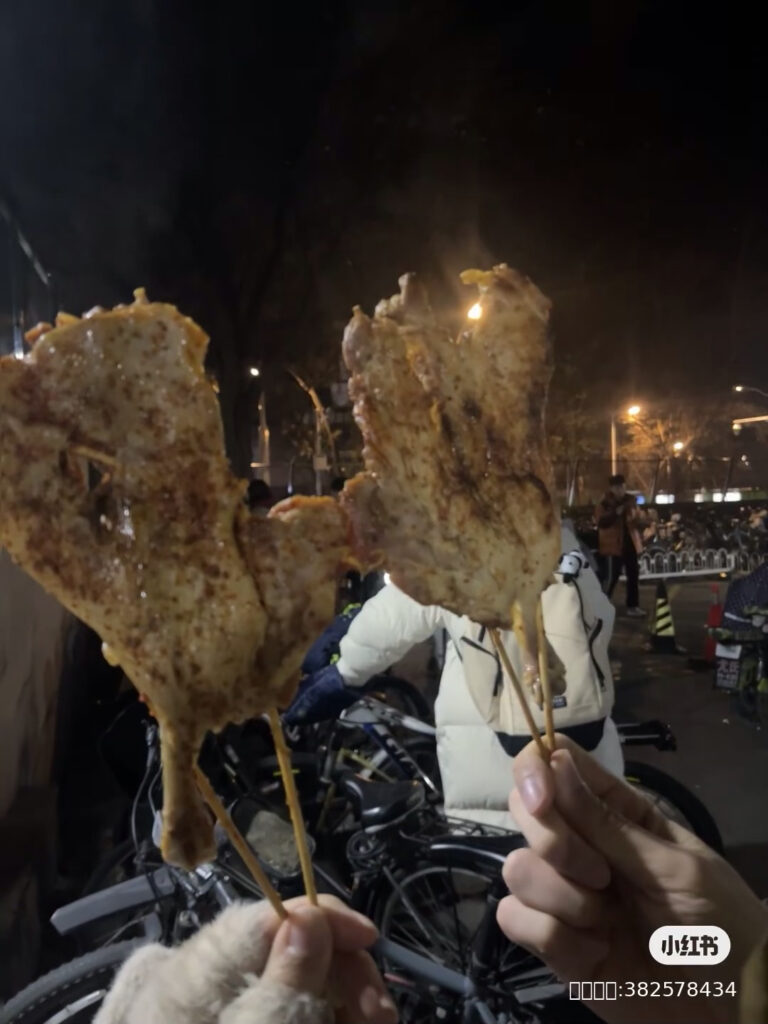
As the goose legs’ popularity among students grew, over 20 WeChat groups were created for her to announce her location of the day and sometimes for preorders. With word of mouth among students from all universities around the district, soon preorders started to sell out instantly and the goose legs became a hard-to-come-by commodity for students nearby.
Shooting to fame
This is when the exponential exposure propelled Auntie to fame. Screengrabs of WeChat groups of students complaining about not being able to get goose legs started spreading as memes. Tsinghua and Peking University students were calling each other names when Auntie went to the other college for the night.
The viral popularity of these memes was built on the historical rivalry between the top two colleges. Some netizens also criticise the obsession with the goose leg lady, saying it is actually a manifestation of the “cult of educational degree”, as some still worship the two top universities. But still, with 170 million views, the topic “Tsinghua vs PKU battle for Auntie Goose Legs” (#清华北大 鹅腿阿姨之争#) quickly shot to the top of the Hot Search list on Weibo, China’s Twitter equivalent. There is even fan fiction about her floating around on the web.
The popularity of these memes was built on the historical rivalry between the top two colleges
However, as her popularity exploded, many influencers and streamers started flocking to her stall and livestreaming. Students would be asked to do interviews by streamers while some advised other students to wear masks when picking up their orders. Universities started to include goose legs in their canteens to capitalise on the demand.
Foodies started to come in from all over the country to get a taste of the dish preferred by China’s top students. Bystanders also increased, making it hard for her to do business. The WeChat groups were being invaded by non-students trying to get traffic or a goose leg out of the frenzy. People started to speculate if Auntie would start livestreaming any time soon.
Mystery woman
But exactly who is Auntie? The viral goose leg lady started her grilled goose leg business about 5 years ago near Peking University. Before that, they used to have a shop on the PKU campus selling fruits. That is why she feels more familiar with PKU. The couple are doing business to support their son, who is also a university student, but in faraway Suzhou, Jiangsu province. As her husband once said: “We’re just normal people, what are we famous for?”
“We’re just normal people, what are we famous for?”
Aftermath
Auntie did open an account on Douyin, TikTok’s sister app in China. However, it was only to announce that she had paused her business and released a video through her newly opened Douyin account. In tears, she pleaded with the netizens that she only wanted to be left in peace and had no intention of becoming an influencer. The topic “Auntie Goose Legs sobs and says the stress is too much” (#鹅腿阿姨哽咽称压力太大#) made it to number 2 on the Hot Search list on Weibo with its 72.97 million views. Ironically, her Douyin account gained 24,000 followers 3 days after opening.
We can only hope that no news is good news in this age of viral popularity
Auntie soon resumed her stall, in the hope that her 15 minutes of fame would soon blow over. As updates about Auntie become few and far between, we can only hope that no news is good news in this age of viral popularity.




